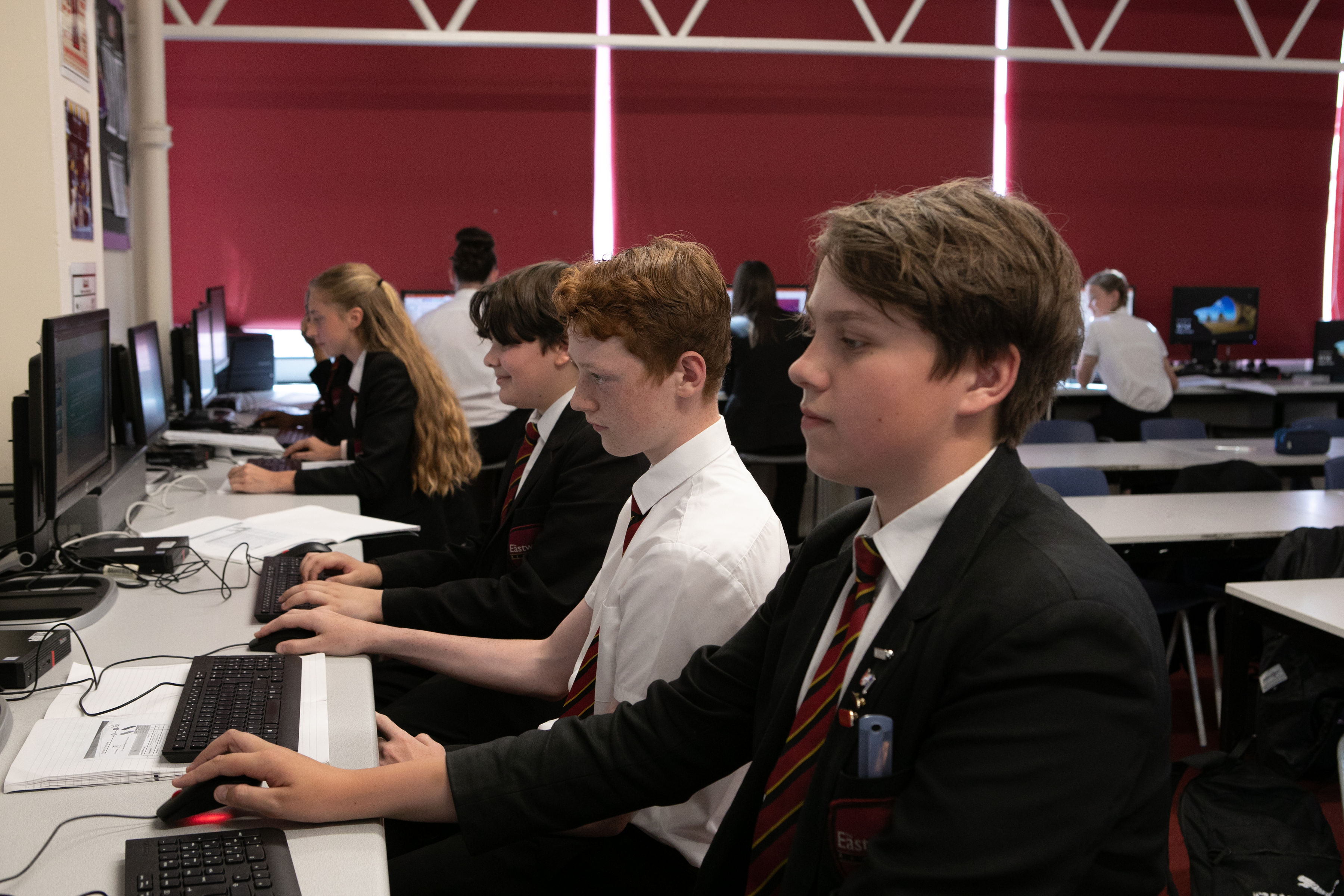Online Safety for Parents
Online Safety Policy
Online safety is a ‘school’s ability to protect and educate pupils and staff in their use of technology as well as having appropriate mechanisms in place to intervene and support any incident where appropriate'. In simple terms, online safety is the ‘safe and responsible use of technology’.
Click here for the Online Safety Policy
Main Risks or Problems
The main risks or problems associated with the internet and mobile technology are:
- Online sexual harassment.
- Online bullying.
- Online reputation.
- Nudes and semi-nudes.
- Social media.
- Phishing and scams.
- Fake news.
- Medical misinformation.
- Video calls.
- Live streaming.
- Privacy and data.
- Digital wellbeing.
- Location services.
- Expiring content.
The following link provides a full description of each, including key advice - Help & Advice | Childnet
How Can You Help to Keep Your Child Safe Online?
- Know what your children are doing online and who they are talking to. Ask them to teach you to use any applications you have never used.
- Keeping the computer in a family room means that you can share your child’s online experience. They are also less likely to act inappropriately (i.e. via webcam).
- Help your child to understand that they should never give out personal details to online friends — personal information includes their messenger ID, email address, mobile number and any pictures of themselves, their family or friends. If your child publishes a picture or video online, anyone can change it or share it. Remind them that anyone may be looking at their images and one day a future employer could!
- If your child receives spam/junk email and texts, remind them never to believe them, reply to them or use them. It’s not a good idea for your child to open files that are from people they don’t know. They won’t know what they contain — it could be a virus, or worse — an inappropriate image or film.
- Help your child to understand that some people lie online and therefore it’s better to keep online friends online. They should never meet up with any strangers without an adult they trust.
- Always keep communication open for a child to know that it’s never too late to tell someone if something makes them feel uncomfortable.
- Teach your child how to block someone online and how to report them if they feel uncomfortable.
Parents' Guide to the Internet
This is a 30 minute TV-style show offering an entertaining and light-hearted look at what it takes to bring up children online and aims to answer all the tricky questions that parents may be afraid to ask. It includes interviews with experts including Prof. Tanya Byron and Dr. Linda Papadopoulos, key members from industry like Facebook, Club Penguin and Moshi Monsters and, most importantly, children themselves!
Click here for the Think U Know website
Other Resources
A parents' guide to teaching yout teen online safety: The Parents' Guide to Teaching your Teen Online Safety | (mytutor.co.uk)
A parents' guide to technology: http://www.saferinternet.org.uk/advice-and-resources/parents-and-carers/parents-guide-to-technology
A guide to parental controls: http://www.internetmatters.org/controls/interactive-guide/ and http://www.saferinternet.org.uk/advice-and-resources/parents-and-carers/parental-controls
A guide to how to set up safety features on the most popular social networks: http://www.saferinternet.org.uk/advice-and-resources/parents-and-carers/safety-tools-on-online-services/social-networks
A guide to social networks: https://www.net-aware.org.uk/
NSPCC online safety: https://www.nspcc.org.uk/preventing-abuse/keeping-children-safe/online-safety/?mc_cid=633b69242f&mc_eid=a5aac1022b
A range of articles for parents: http://parentinfo.org/articles/all
Parent Info website: https://parentinfo.org/
Information on online gaming - https://www.vegasslotsonline.com/news/online-gaming-privacy-safety/
Internet matters - for support for parents and carers to keep their children safe online
London Grid for Learning - for support for parents and carers to keep their children safe online
Thinkuknow - for advice from the National Crime Agency to stay safe online
UK Safer Internet Centre - advice for parents and carers
SafeToNet is an app for parents to help them safeguard their children from online risks like cyberbullying and sexting, whilst respecting their child’s rights to privacy.
‘Squid Game’ Trending across Platforms: What Parents Need to Know | National Online Safety
Praxent - Internet and Online Safety for All Ages - a guide that covers social media safety, digital citizenship, identify theft and cyberbullying.
Wink Parental Guide - a guide to support parents with a messaging app used by children.

